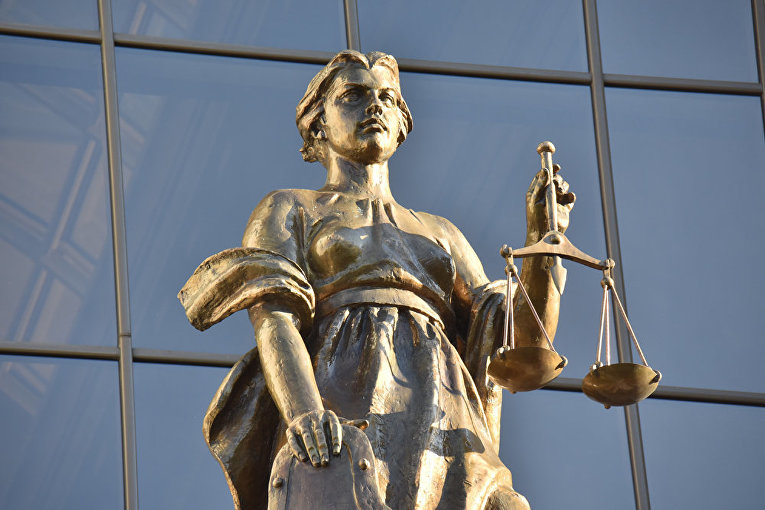MOSCOW, September 15 (RAPSI) — The Russian Supreme Court has considered a complaint of a convict, who was denied meetings with his representatives to prepare a petition to the European Court of Human Rights (ECHR) by the administration of the respective penitentiary facility.
The prison authorities insisted that for allowing such meetings it was necessary to confirm that the representative had relevant legal education, the right to provide legal assistance, or was appointed as a public defender by a court order, and that these requirements were not met in the case in question.
The first instance court dismissed the complaint of the convict having found that the provisions of the national law on legal profession and the bar, as well as that on free legal aid, guaranteed the convicted person the right to receive legal assistance from a lawyer or a person entitled to provide it, and the purpose of such a meeting could only be achieved if a person with a higher legal education came to it.
This decision was overturned by a higher court on appeal citing the ECHR Rules of the Court of 1998, which do not provide that the representative of an applicant must be a legal professional or a lawyer; nevertheless, later in cassation proceedings this ruling of the lower court was canceled on the grounds that the ECHR Rules of the Court were erroneously used in the case.
At the same time, the court indicated that the claimant had the right to use qualified legal assistance, including for the preparation of a complaint to the ECHR, which, by virtue of the current national legislation, taking into account the legal position of the Russian Constitutional Court, might be provided by lawyers or authorized persons.
The Supreme Court in turn said that to correctly resolve the issue of whether the decision of the correctional facility to in fact deny meetings between the convicted person and his representative at the ECHR solely due to the failure to submit documents confirming legal education and the right to provide legal assistance, it was necessary to proceed not only from the provisions of the Penal Code of the Russian Federation, but also from other norms, including international law.
The inalienability of fundamental human rights and freedoms and their belonging to everyone from birth is ensured, including in relation to persons serving sentences in places of deprivation of liberty, by the Constitutionally guaranteed right of everyone to judicial protection, the Supreme Court stressed.
The Russian Federation respects and protects the rights, freedoms and legitimate interests of convicts, ensures, among other things, their legal protection in the execution of sentences, grants the right to apply in accordance with international treaties to interstate bodies for the protection of human rights and freedoms.
In this connection, the Court noted that the ECHR Rules of the Court do not require a representative of an applicant to have a legal education; it prescribes the submission of relevant documents, but that list does not include information on the legal education of an applicant's representative.
These considerations based on the European Convention on Human Rights and the ECHR Rules, in their systemic unity with the practice of the ECHR, cast doubt on the correctness of the conclusion of the first instance court on the lawfulness of the contested decisions of the penal facility, which did not challenge the status of the convict’s representative at the ECHR, but only indicated that this representative needed to provide documents on legal education or confirming the right to provide legal assistance as a condition for granting a meeting, the Supreme Court concluded.
Meanwhile, the concept of legal assistance remains undefined in the national Penal Code; the Code only secures basic rights of convicts establishing that in order to receive legal assistance they can use the services of lawyers, as well as other persons entitled to provide such assistance; at the same time, the concept of other persons entitled to legal assistance is not clarified, the Supreme Court observed.
Since the procedure for granting visits for the preparation of materials for filing complaints to the ECHR by a convicted person with a representative, who may be a person who has no legal education, is not regulated by the federal legislation, the appellate judicial board was right in establishing that the refusal to grant the meetings with such a representative, whose assistance in representing the interests of the convicted person is necessary and sufficient, was unlawful, and rightfully applied the relevant provisions of the Penal Code in legal unity with the provisions of international law, the Supreme Court decided.
In this connection, the Supreme Court decided to cancel the decision of the cassation instance overturning the ruling on appeal, so that remained in force.



